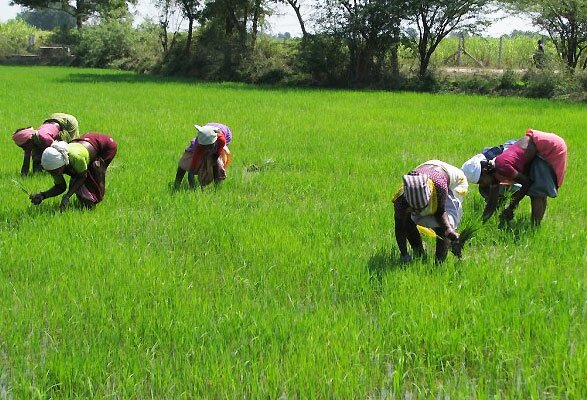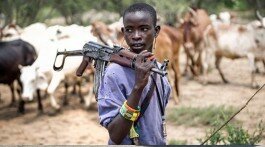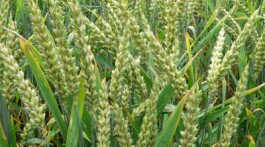The National Cereals Research Institute (NCRI) and AfricaRice Task Force on Gender have empowered Nasarawa women on value addition strategies in rice production, with particular emphasis on processing.
The Executive Director, NCRI, represented by Head of Farming Systems, Rice Sector Development Hub, Dr Samuel O. Bakare, stated at the flagging off of a four-day training on improving the organisational level of women rice parboilers in Nasarawa/Benue hub that, the move became necessary given the fact that women shoulder the primary responsibility for food security in Nigeria.
He stressed that the move is also aimed at reversing the ugly trend where women have little access to improved technologies and productive resources, worsened by policies which have refused to address the specific requirements of women in the agricultural sector.
In her submission, the Gender Focal Person of NCRI, Dr Vivian Ojehomon, stressed that, given the pivotal role of women in agriculture, “a gender-balanced agricultural growth is critical to successful agricultural innovation initiatives” aimed at achieving food security in the country.
Dr Rita Agboh-Noameshie, Gender Task Force Coordinator and Head of AfricaRice, who spoke in similar vein, noted that “despite the essential role they play, women are discriminated against when it comes to access to and control of productive resources, inputs, essential services and information”.
She said the initiative embarked upon by NCRI and AfricaRice was aimed at ensuring sustained empowerment of women rice parboilers, by exposing them to gender-sensitive parboiling equipment that can improve their income, while reducing drudgery.
The leader, AfricaRice Innovation Platform for Nasarawa state, Mr. Jonathan Joshua, called on government to empower women through the issuance of soft loans and grants, so that they can own parboiling and rice processing businesses, rather than toil for individuals of means to earn less than N500 a day.
In his submission, the Programme Manager of Benue Agricultural and Rural Development Agency, BNARDA, Mr. James Ker, represented by Mr. Abah Joseph, explained that investing in women’s economic empowerment is a high-yielding investment with multiplier effects on productivity, efficiency and inclusive growth, making it a sine qua non for collective growth of the nation’s agricultural sector.
He appealed to government at all levels and dedicated government agencies like the Bank of Agriculture to make concerted efforts towards improving the overall enabling environment for women to achieve their immeasurable agricultural potential






No Comment